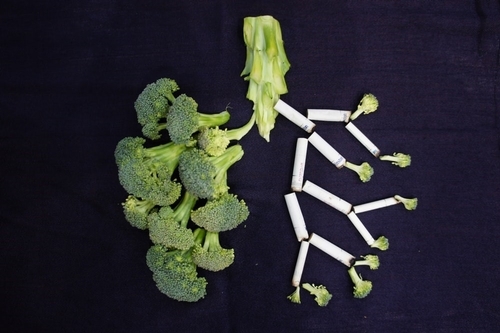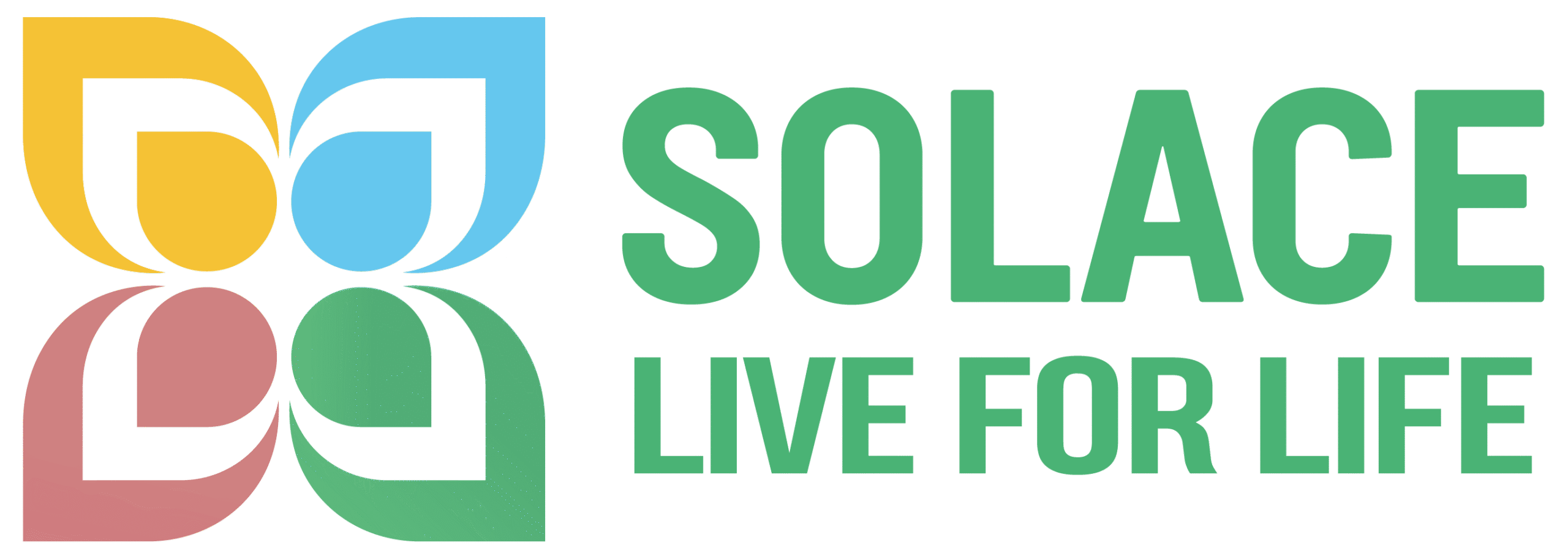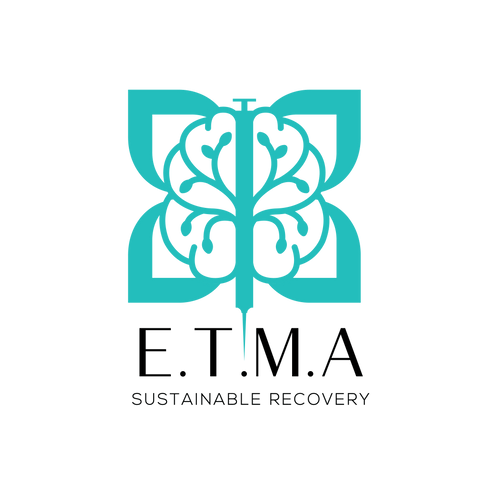Addiction: How to discover it and how to treat it? Dialogue with the psychologist Specialist in the treatment of addiction Dr. Prem Kumar Shanmugam

Addiction, all addiction, from food addiction and cigarettes to gambling addiction through alcohol and drugs, what is it? How do we fall into the trap? How do we get out of it? Are genetic factors? What about the psychological factor and self-confidence? And what biological, psychological and even spiritual treatment should be subjected to? Questions answered by the psychologist specializing in addiction treatment Premkumar Shanmugam in this interview.
– First, what is your definition of addiction?
Today’s addiction is classified as a disease that is particularly related to the lack of reward in the brain, which necessitates the need for self-medication through drugs or behaviors to compensate for this deficiency. People who are more addicted to addiction are people who feel a lack of compensation by gambling, alcohol, clothing, etc. This repetition leads to addiction. The causes of addiction have been discussed in the past, and doctors have responded to a lack of self-confidence, attention to others, or even self-affirmation. Some went on to say that the addict possessed an evil spirit, but none of this helped to provide healing treatments to the patients.
-How do we become addicts, and why?
Everyone who has a cup of alcohol does not have to become addicted. Addiction is defined as a biopsychosociospiritual disease BPSS, that is, there are biological, psychological, social and spiritual causes that make some people more vulnerable to addiction. Here are the details:
Biological causes: chiefly the genetic factor, with 30 to 50 percent of the addiction to the genetic factor and genes. But that does not mean that the addicted child will become addicted because there are other reasons for the disease.
Psychological reasons: Some people struggle to resist stress and strengthen their self-confidence to face and manage life as they should, while others may experience stress and stress with mental disorders such as depression and anxiety, and are more likely than others to become addicted.
Social causes: The environment in which people live affects their behavior, especially what is known as the pressure of peers and friends and the ten that has an impact on the use of addiction.
Spiritual reasons: Addicted people tend to form a subdued view of themselves, lack self-confidence, deny their talents, and often are unable to communicate with other members of normal society. We call them “spiritually bankrupt”. So they need to reinforce their impressions of themselves and change their perception of what talents they have.
– Why should the addict resort to treatment?
Addiction is a disease like other diseases and requires systematic treatment to get rid of it. The addict needs medical treatment, and the absence of treatment makes matters worse, such as requiring a drug addict at higher doses, or a gambling addict placing higher bets to compensate for losses or gains. Getting treatment helps stop the disease and deteriorate the patient’s condition. Addicts must be treated before addiction can affect their lives and the lives of others around them.
– What about food disorders? Am I also classified as an addict?
Eating disorders such as anorexia or bulimia can be considered a form of addiction. But the treatment methods in these two cases differ from drug addiction. People with food disorders need to learn how to reduce their addictive behavior. The treatment helps them to follow good eating behavior, reduce bad behavior, and also identify the factors that lead to relapse and return to addiction at the first problem they face.
– Is a diet well thought out in this case?
Dieting is part of the prescribed treatment methodology. Addiction is an organic, psychological and spiritual disease and needs comprehensive treatment to reach full recovery. Hence the importance of seeking professional assistance.
– What is the treatment approach?
Treatment begins by assessing the problem and the condition of the patient. The first step is to collect a lot of information and medical data about the patient himself, on which the treatment plan is determined. The biological plan is supervised by psychiatrists, nutritionists and fitness trainers. While psychiatrists take psychotherapy, spiritual trainers supervise spiritual therapy, and social inclusion of the patient is entrusted to sociologists.
– You talked about primary and secondary treatments, can you explain the difference between the two?
Treatment must be specific to meet the needs of each. The basic program is the first stage, which may last from one to two months, and in which the initial treatment. The second stage, or secondary treatment, helps the addict begin to reintegrate into society. He starts by spending half a day in the community and takes part in social services. He learns to manage his finances and participate in projects. One of the primary goals of therapy is to help develop a sense of gratitude.
– What is sober training?
Sustained training depends on the role played by peers and friends in supporting the patient. Treatment is sometimes difficult, patients get tired and turn to their help-seeking peers, often people who have been treated previously and share their skills and knowledge.
– Tell us about the dangerous addiction that you treat?
No addiction is worse than another. We must treat all forms of addiction with the same seriousness. People have the right to live a healthy and painless life. Treatment means seeing life positively … and living happily.
– Can addiction be avoided?
I think that the best way to avoid addiction is to be fully aware of the risks and the extent of your willingness to fall into it, and the situation in the early stages and even before.
– How does a person know that he has entered the addiction department and needs help?
As I said, starting drinking does not mean that you are becoming addicted. Some people can eat a glass of beer or two, then stop when they feel the need to stop, but others cannot stop even if they want it … Here lies the difference. Addiction begins when things are not subject to one’s will. Not only is the need for abuse strong, but it is getting worse over time, while the damage seems obvious to health, family, social and other life. The most prominent points that confirm that the person is becoming addicted:
• The inability to refrain from abuse, so that the person cannot stop addiction at will.
• Loss of control over behavior and behavior after abuse.
• Urgent need to deal.
• Decreased recognition of the great problems one experiences as a result of addiction, such as behaviors, interpersonal relationships, and others.
• Impotence in emotional response, as the ability to control emotions and feelings of pain and others.
• To start relying on addictive substances to continue life.
What advice do parents give to children and adolescents?
Most teens or even children may have experienced or been exposed to addictive substances and behaviors, especially as our children today are curious, delusional and increasingly exposed to online addiction. So parents should note these signs on their addicted children and move for further investigations and address the situation quickly. These include:
– Avoid family gatherings.
-Self-neglect.
– Isolation.
– Change friends.
– Lies and manipulative behavior.
– The inability to keep appointments or keep promises.
– Change in mood and behavior.
– Losing money or valuables from home.
Taken from: https://www.lahamag.com/article

